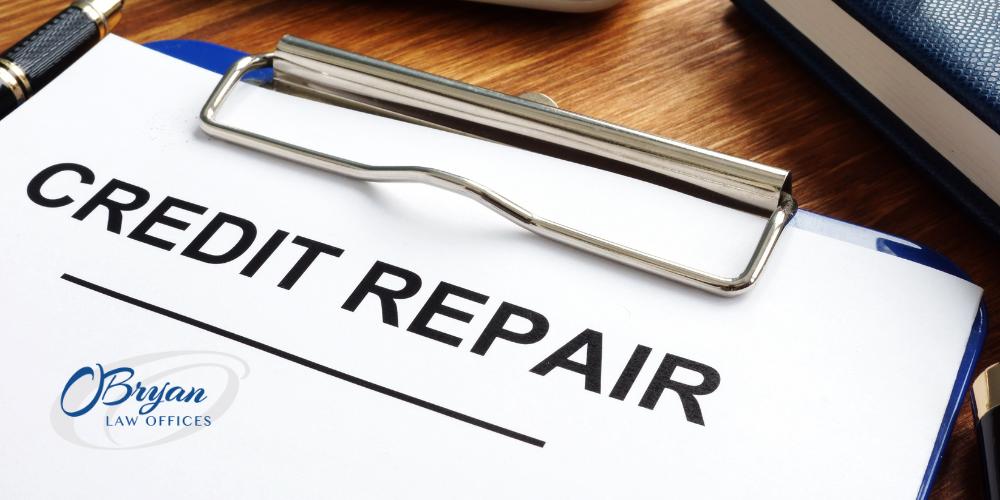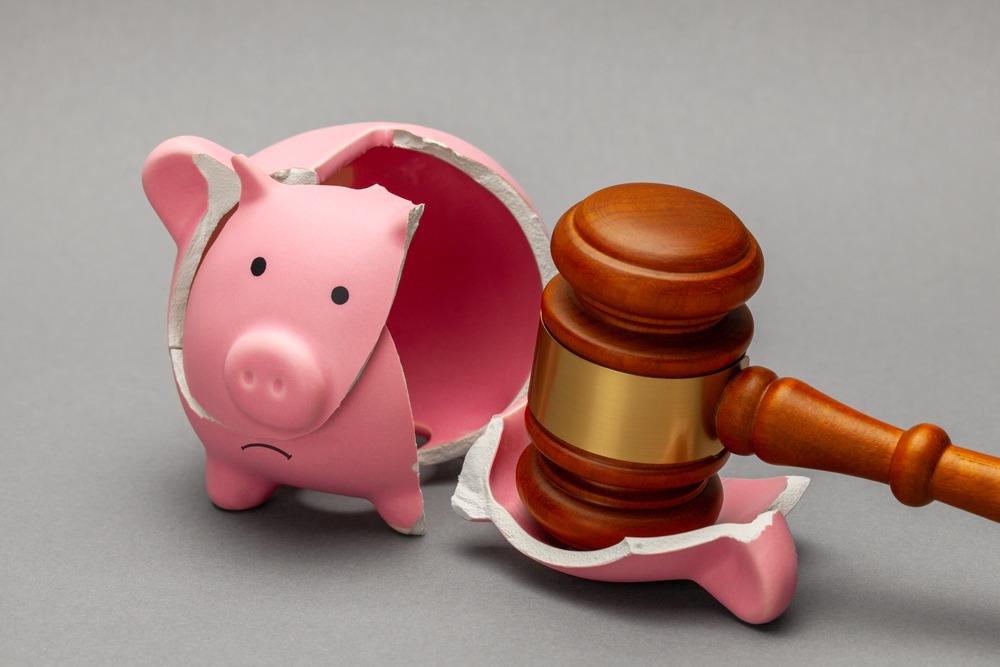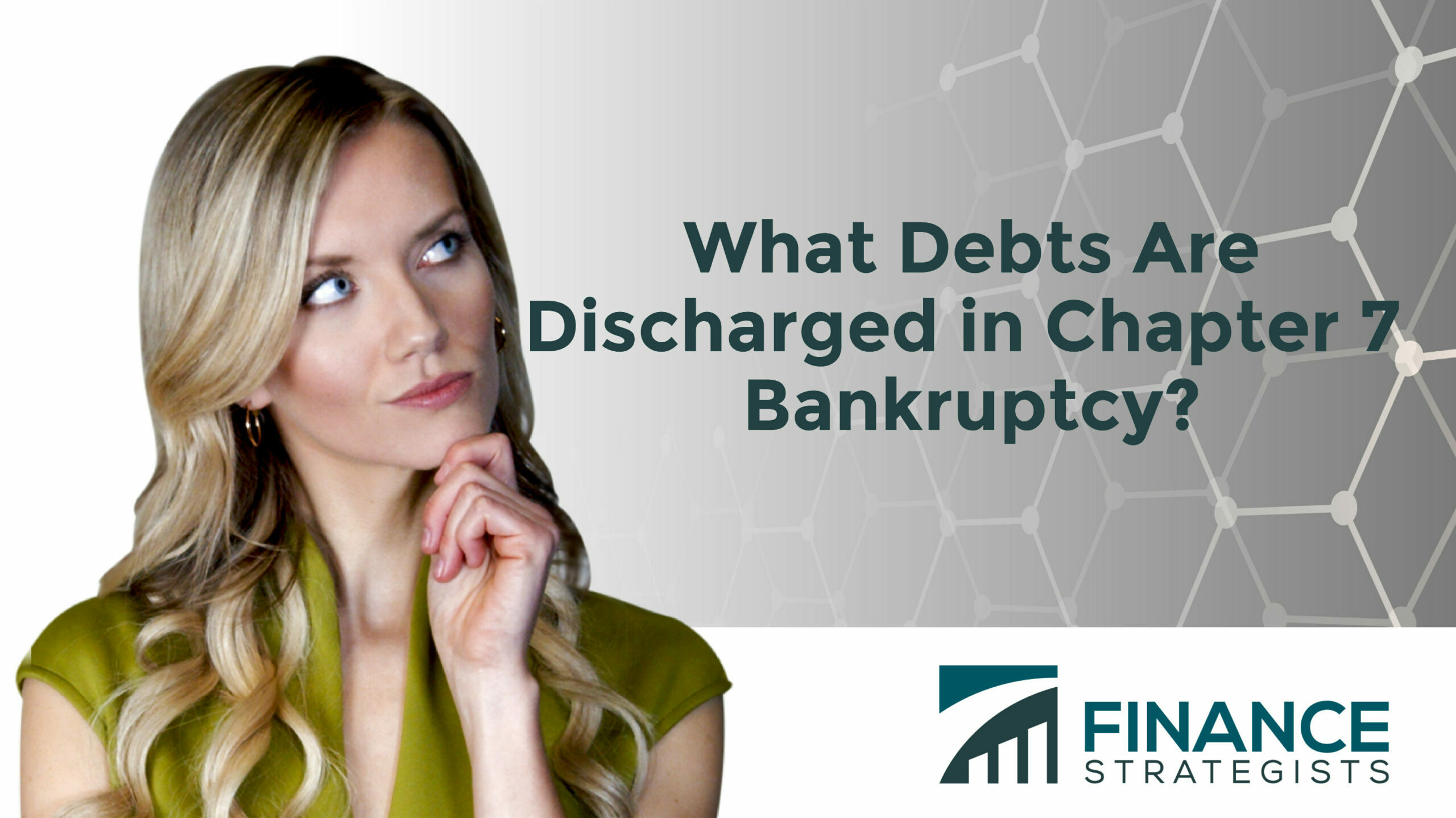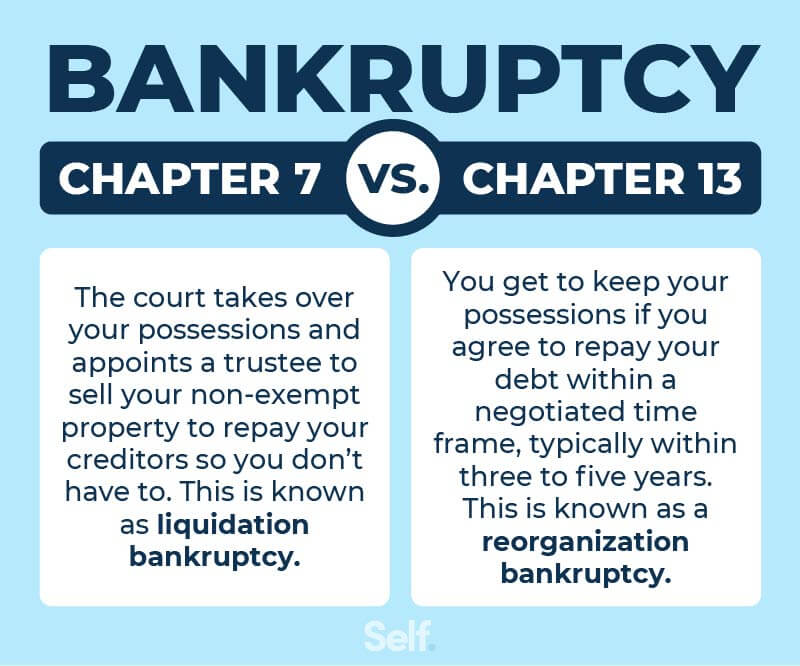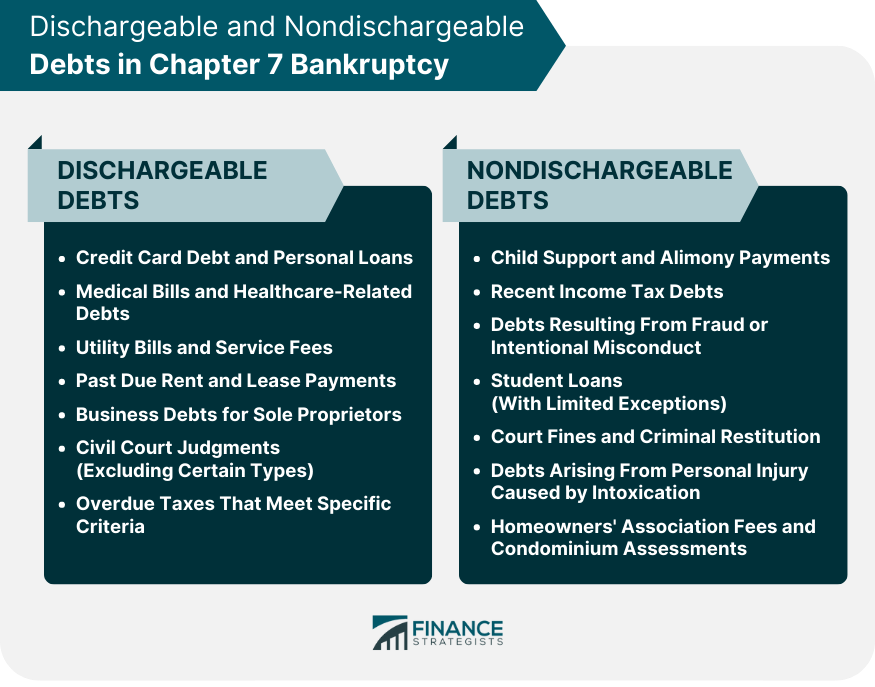When Is Bankruptcy Discharged In Chapter 7
When Is Bankruptcy Discharged In Chapter 7 - Most chapter 7 filers receive a discharge order about four months after filing the bankruptcy petition. Chapter 7, 11, 12, or 13. Once nonexempt assets are liquidated, a court order will discharge debts so long as there has been no objection made to. The bankruptcy discharge varies depending on the type of case a debtor files: A creditor may no longer initiate or continue any. An individual receives a discharge for most of his or her debts in a chapter 7 bankruptcy case. Bankruptcy basics attempts to answer some. Your chapter 7 case usually ends after you receive your bankruptcy discharge letter or final decree and commonly takes four.
Most chapter 7 filers receive a discharge order about four months after filing the bankruptcy petition. Once nonexempt assets are liquidated, a court order will discharge debts so long as there has been no objection made to. The bankruptcy discharge varies depending on the type of case a debtor files: Bankruptcy basics attempts to answer some. A creditor may no longer initiate or continue any. An individual receives a discharge for most of his or her debts in a chapter 7 bankruptcy case. Your chapter 7 case usually ends after you receive your bankruptcy discharge letter or final decree and commonly takes four. Chapter 7, 11, 12, or 13.
Your chapter 7 case usually ends after you receive your bankruptcy discharge letter or final decree and commonly takes four. The bankruptcy discharge varies depending on the type of case a debtor files: Chapter 7, 11, 12, or 13. An individual receives a discharge for most of his or her debts in a chapter 7 bankruptcy case. Most chapter 7 filers receive a discharge order about four months after filing the bankruptcy petition. Once nonexempt assets are liquidated, a court order will discharge debts so long as there has been no objection made to. A creditor may no longer initiate or continue any. Bankruptcy basics attempts to answer some.
The Chapter 7 Discharge Chapter 7 Bankruptcy Attorneys ARM Lawyers
Most chapter 7 filers receive a discharge order about four months after filing the bankruptcy petition. The bankruptcy discharge varies depending on the type of case a debtor files: Your chapter 7 case usually ends after you receive your bankruptcy discharge letter or final decree and commonly takes four. Chapter 7, 11, 12, or 13. Bankruptcy basics attempts to answer.
What Is Chapter 7 Bankruptcy? A Liquidation Guide Lexington Law
The bankruptcy discharge varies depending on the type of case a debtor files: An individual receives a discharge for most of his or her debts in a chapter 7 bankruptcy case. Your chapter 7 case usually ends after you receive your bankruptcy discharge letter or final decree and commonly takes four. Chapter 7, 11, 12, or 13. A creditor may.
Chapter 7 Bankruptcy Discharge O'Bryan Law Offices Kentucky
Once nonexempt assets are liquidated, a court order will discharge debts so long as there has been no objection made to. A creditor may no longer initiate or continue any. Your chapter 7 case usually ends after you receive your bankruptcy discharge letter or final decree and commonly takes four. An individual receives a discharge for most of his or.
The Chapter 7 Discharge Chapter 7 Bankruptcy Attorneys ARM Lawyers
Chapter 7, 11, 12, or 13. Your chapter 7 case usually ends after you receive your bankruptcy discharge letter or final decree and commonly takes four. Most chapter 7 filers receive a discharge order about four months after filing the bankruptcy petition. Once nonexempt assets are liquidated, a court order will discharge debts so long as there has been no.
Chapter 7 Bankruptcy Discharged Farmer & Morris Law
Bankruptcy basics attempts to answer some. Once nonexempt assets are liquidated, a court order will discharge debts so long as there has been no objection made to. The bankruptcy discharge varies depending on the type of case a debtor files: Chapter 7, 11, 12, or 13. An individual receives a discharge for most of his or her debts in a.
What Debts Are Discharged in Chapter 7 Bankruptcy?
Most chapter 7 filers receive a discharge order about four months after filing the bankruptcy petition. Bankruptcy basics attempts to answer some. An individual receives a discharge for most of his or her debts in a chapter 7 bankruptcy case. The bankruptcy discharge varies depending on the type of case a debtor files: Chapter 7, 11, 12, or 13.
Discharge of Debtor Fleury Chapter 7 Bankruptcy Chapter 7 Bankruptcy
The bankruptcy discharge varies depending on the type of case a debtor files: Bankruptcy basics attempts to answer some. Once nonexempt assets are liquidated, a court order will discharge debts so long as there has been no objection made to. Chapter 7, 11, 12, or 13. Most chapter 7 filers receive a discharge order about four months after filing the.
Bankruptcy Dismissal vs. Discharge What's the Difference and How They
Bankruptcy basics attempts to answer some. The bankruptcy discharge varies depending on the type of case a debtor files: Most chapter 7 filers receive a discharge order about four months after filing the bankruptcy petition. Chapter 7, 11, 12, or 13. A creditor may no longer initiate or continue any.
What Debts Are Discharged in Chapter 7 Bankruptcy?
An individual receives a discharge for most of his or her debts in a chapter 7 bankruptcy case. Bankruptcy basics attempts to answer some. The bankruptcy discharge varies depending on the type of case a debtor files: Most chapter 7 filers receive a discharge order about four months after filing the bankruptcy petition. Once nonexempt assets are liquidated, a court.
Bankruptcy Chapter 7 Discharge Records YouTube
Most chapter 7 filers receive a discharge order about four months after filing the bankruptcy petition. Your chapter 7 case usually ends after you receive your bankruptcy discharge letter or final decree and commonly takes four. An individual receives a discharge for most of his or her debts in a chapter 7 bankruptcy case. Once nonexempt assets are liquidated, a.
A Creditor May No Longer Initiate Or Continue Any.
Your chapter 7 case usually ends after you receive your bankruptcy discharge letter or final decree and commonly takes four. Chapter 7, 11, 12, or 13. Once nonexempt assets are liquidated, a court order will discharge debts so long as there has been no objection made to. The bankruptcy discharge varies depending on the type of case a debtor files:
Most Chapter 7 Filers Receive A Discharge Order About Four Months After Filing The Bankruptcy Petition.
An individual receives a discharge for most of his or her debts in a chapter 7 bankruptcy case. Bankruptcy basics attempts to answer some.


